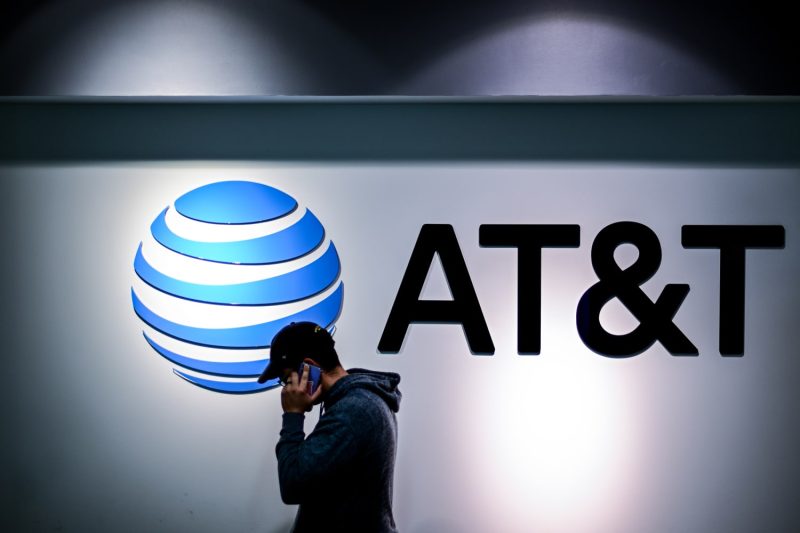
Court Ruling Puts AT&T and Other Phone Companies on the Hook for Stolen Nude Image Lawsuit
In a shocking turn of events, AT&T and other phone companies could potentially face liability after a recent court ruling in a lawsuit involving stolen nude images. This landmark case has set a precedent for the responsibility of phone companies in protecting sensitive personal data and has significant implications for the telecommunications industry as a whole. The lawsuit, which brought to light the unauthorized sharing and distribution of explicit images, has raised important questions about privacy, security, and accountability in the digital age.
The plaintiffs in the case alleged that their nude images were stolen and disseminated without their consent, leading to emotional distress and reputational harm. The legal battle centered on whether phone companies like AT&T had a duty to safeguard personal data stored on their devices and networks. The court ruled that these companies could be held liable for the unauthorized disclosure of sensitive information if they failed to take reasonable measures to protect their customers’ data.
This ruling has far-reaching implications for phone companies and other entities that handle personal data. It underscores the importance of implementing robust security measures to prevent data breaches and unauthorized access. In today’s interconnected world, where personal information is increasingly vulnerable to cyber threats, companies must prioritize data protection and privacy to maintain the trust of their customers.
The case also highlights the need for clearer guidelines and regulations governing data security and privacy. While technological advancements have revolutionized communication and connectivity, they have also exposed individuals to new risks and vulnerabilities. As such, policymakers and regulators must work to establish comprehensive frameworks that balance innovation with privacy rights and security concerns.
Moreover, the court’s decision serves as a wake-up call for phone companies and other service providers to reassess their data protection practices. It underscores the legal and ethical obligations that companies bear in safeguarding customer data and upholding privacy standards. By investing in cybersecurity measures, implementing robust data protection protocols, and fostering a culture of privacy awareness, companies can mitigate the risk of data breaches and protect their customers’ sensitive information.
In conclusion, the recent court ruling in the lawsuit involving stolen nude images has significant implications for phone companies and the broader telecommunications industry. It underscores the importance of data security, privacy protection, and corporate accountability in the digital age. As technology continues to advance and personal data becomes increasingly exposed to threats, companies must prioritize cybersecurity and privacy to avoid liability and maintain trust with their customers. This case serves as a timely reminder of the critical need for effective data protection measures and the urgent call for enhanced regulatory oversight to safeguard individuals’ privacy rights in an interconnected world.
